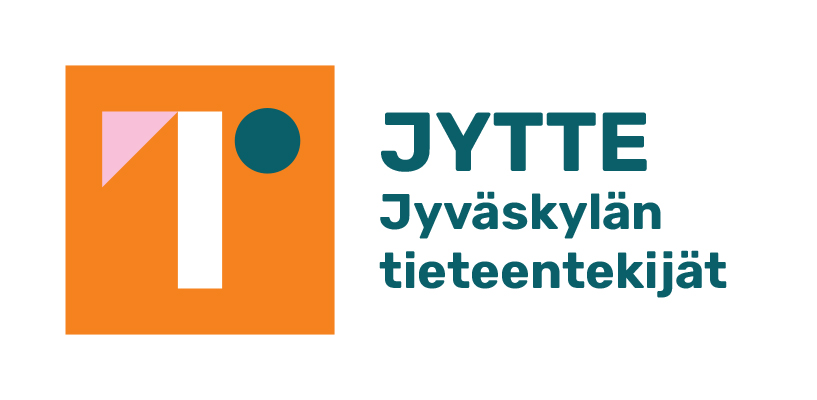In Winter bulletin 2/2021, Jytte’s chair Johanna Turunen considered labour union work from the perspective of sustainability in the varied senses of the word. The greetings from the chair are now published in Jytte’s blog with minor changes.
Hello friends,
My first year as the chair of Jytte passed disturbingly quickly. Many things still feel unclear. The prolonged pandemic and continuing uncertainty surely have played a key role in this, but I am also aware that I tend to lose the sense of time when I face something new, and the past year I have been awash in new things.
Jytte’s board has over the past years met almost exclusively online. Perhaps because of the alienating effect of technology, I have spent a lot of time thinking about the role Jytte plays in our academic community. Sustainability, in all the varied senses of the word, has been in my mind often. Or perhaps, more accurately, the lack of it. Many of the things we do are on an unsustainable basis: academic work culture, increasing competitiveness, the reduction of internationalization to travel, continuing insecurity, temporary contracts, endless projects, and of course our relationship with the planet.
The world around the academia and the unions has changed a lot and we as a union must change with it. In the future, I want us to be closer to the everyday experiences of the academic staff, to improve our communications, and to better promote the values that we hold dear. One of the themes for our activities next year is dedicated to considering the connections between academic work, the climate, and sustainability. Throughout the year, we will think of concrete actions for making the university a more sustainable workplace. We also want to work for equality since, despite all the nice words, a lot of concrete work in the academia remains to be done.
We will also continue our work towards a more sustainable work culture, one in which people are not just resources, potential publication points, or degrees. Unions play an important role in national-level advocacy. For many people, this appears as little more than the collective bargaining that happens every few years, including this spring 2022. We cannot undermine the importance of collective bargaining because our rights as employees are based on its outcome. The level of knowledge about the contents of this agreement in the academic community often worries me. Familiarising oneself with the agreement and understanding its impact is by far the best self-defense in the academic world.
However, it is important to bear in mind that unions do a lot more than that, and this hidden activity has a central role when we think of the sustainability of academic work from the point of view of human resources. The recently concluded co-operative negotiations at Tampere University are a prime example of unsustainable HR policy. We are talking about hundreds of thousands of euros. The union also played a central role in the recently announced removal of mobility from the Finnish Academy’s funding criteria. All these achievements have required a huge amount of work and this work for sustainable academic work culture requires collective action, cooperation, and solidarity.
At the same time, it is important to focus on cultural and social sustainability. Supporting local operations is an important ideological choice for us. We will continue to offer a variety of recreational activities and to support local culture, sports, and services as we all as sustainable urban culture.
Johanna Turunen
Chair of Jytte
